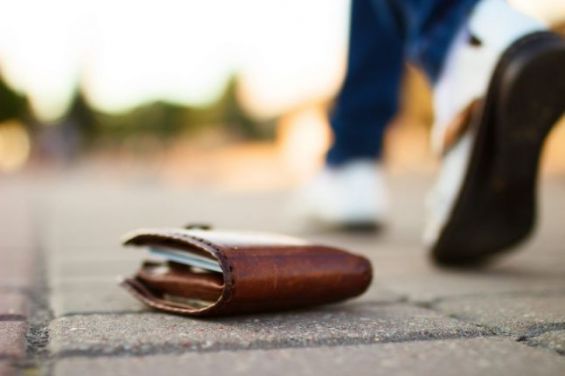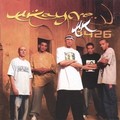Would Moroccans return a lost wallet packed with money or pocket the cach without tracking the owner ? The answer to this question was featured in an experiment on civic honesty conducted by a group of economists.
The survey entitled «Civic Honesty around the Globe» examined acts of civic honesty in 40 countries, including Morocco. This evaluation was mainly based on 17,000 lost wallets with variant amounts of money that were returned to the receptions of several public and private institutions. Some of these lost wallets were filled with money while others contained no money.
Surprisingly, the survey found out that citizens from these 40 countries «were overwhelmingly more likely to report lost wallets with money than without». Researchers revealed that when they added big amounts of money to the lost wallets, which included personal information of the owners (email address, phone number, and mailing address), citizens returned them.
Moroccans are likely to return wallets containing money
The survey explained that the return rate was at 40% when the wallets did not include money. This rate increased to 51% when the wallets were filled with money. The same findings were noticed in Morocco, where people returned lost wallets with money to their owners and ignored the ones that did not have cash on them.
Data complied by these experts suggested that the return rate was at more than 10% in Morocco for wallets with no money. This number increased to more than 20% when the wallets were packed with bank notes.
Among the 40 countries examined by the researchers, Morocco was at the bottom of the list, right ahead of China which had the lowest return rate.
In other countries, the return rate of lost wallets was higher than the one registered in Morocco. Switzerland, Norway, the Netherlands, Denmark and Sweden were on the top of the list with a return rate that exceeded 60% for both money and no money wallets.
Portugal, the United States, Italy, South Africa and the United Arab Emirates (UAE) had return rates that were limited to less than 40%.
Breaking down these trends, the group of economists stated that «main findings can be explained by a combination of altruistic concerns and an aversion to viewing oneself as a thief, which increases with the material benefits of dishonesty».
To put it in other words, the findings suggest that «when people stand to heavily profit from engaging in dishonest behavior, the desire to cheat increases but so do the psychological costs of viewing oneself as a thief—and sometimes the latter will dominate the former».
This behavior, however, is not exclusively related to the economic situation of the countries studied by the group of researchers. In their study, they have pointed out that «economically favorable geographic conditions, inclusive political institutions, national education, and cultural values that emphasize moral norms extending beyond one’s in-group are also positively associated with rates of civic honesty».




 chargement...
chargement...












